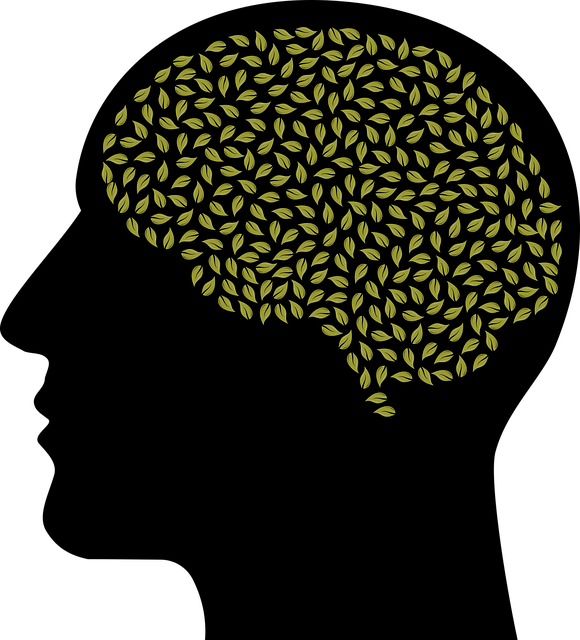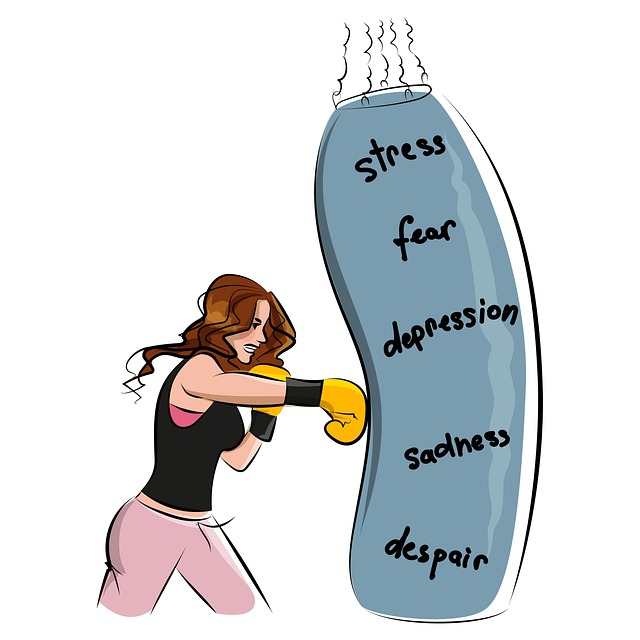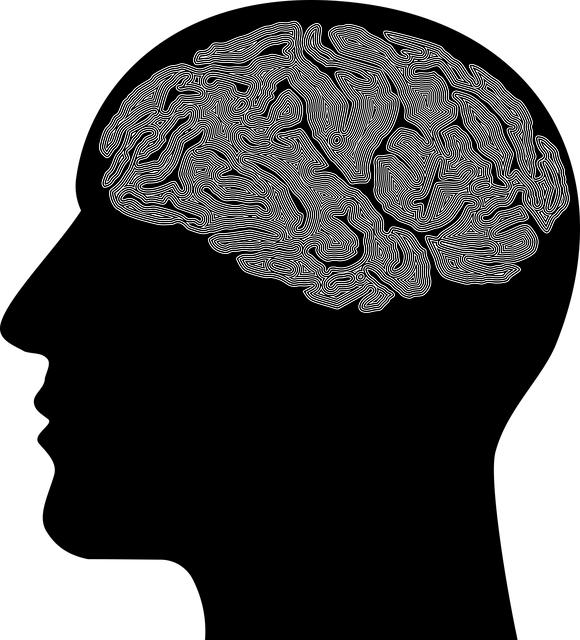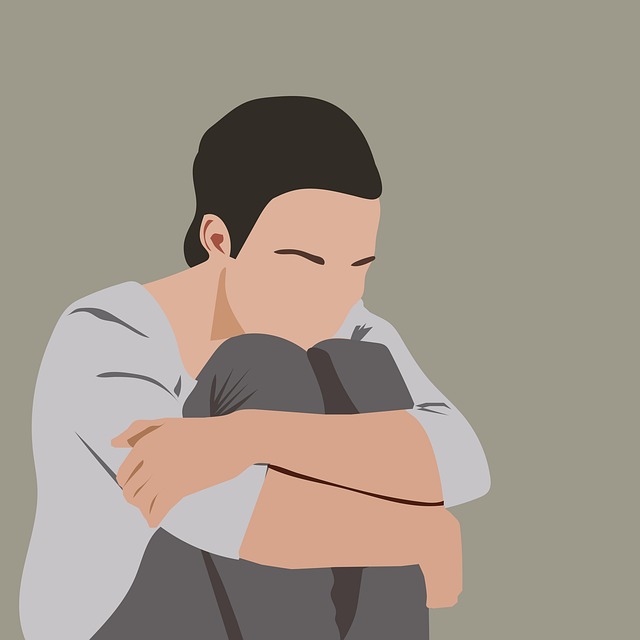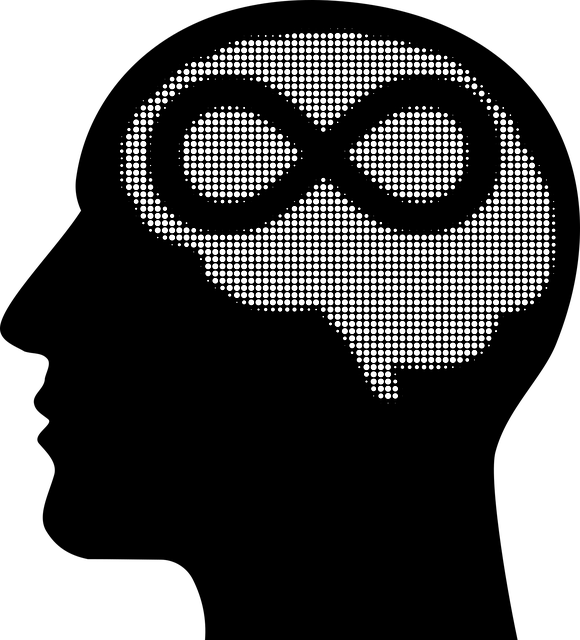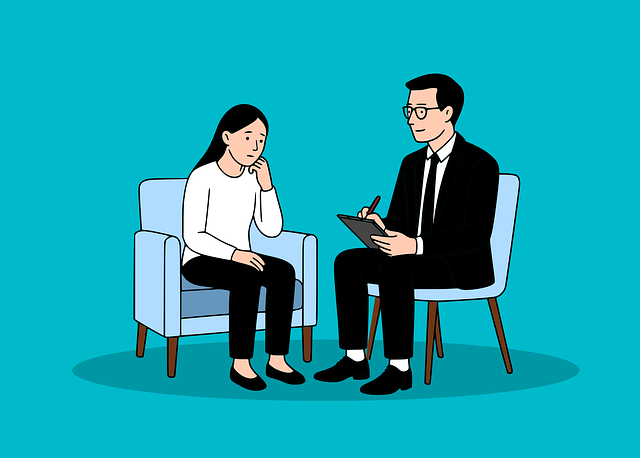Greenwood Village Abuse Survivors Therapy (GVAST) leverages digital solutions, like mental wellness apps, to offer personalized therapy and support for trauma survivors. By combining psychological insights with technology, these apps aim to enhance self-awareness, provide coping skills, and promote healing. Essential features include secure journaling, crisis support, risk assessment tools, and social skills training, ensuring user safety, data privacy, and ethical practices while empowering users with self-management tools tailored to their unique needs.
Mental wellness apps are transforming access to support, especially for survivors of abuse. This comprehensive guide explores the development process behind these digital tools, offering a roadmap for creating effective therapeutic applications. From understanding mental health needs to market analysis and ethical considerations, we delve into best practices inspired by successful initiatives like Greenwood Village Abuse Survivors Therapy. Learn how to design apps that provide tailored, safe, and accessible care.
- Understanding Mental Wellness App Development: A Comprehensive Guide
- Greenwood Village Abuse Survivors Therapy: Tailoring Digital Support
- Market Analysis and Target Audience for Wellness Apps
- Key Features and Functionality in Designing Therapeutic Applications
- Ethical Considerations and Ensuring User Safety in App Development
Understanding Mental Wellness App Development: A Comprehensive Guide

Developing a mental wellness app is a comprehensive process that requires a deep understanding of user needs and the latest digital trends. It involves creating tools and resources to support individuals in managing their mental health, promoting self-care, and fostering resilience. For those affected by trauma, such as survivors of abuse in Greenwood Village, specialized apps can provide accessible and discrete support.
This guide delves into the key aspects of app development, including designing intuitive interfaces for coping skills development, integrating evidence-based therapies like those found in a Mental Wellness Podcast Series Production, and incorporating features for stress management. By combining psychological expertise with innovative technology, developers can create apps that effectively navigate users through their mental wellness journeys, ensuring a supportive and empowering experience.
Greenwood Village Abuse Survivors Therapy: Tailoring Digital Support

Greenwood Village Abuse Survivors Therapy (GVAST) is revolutionizing mental wellness support by tailoring digital solutions to meet the unique needs of survivors. In today’s digital era, GVAST recognizes that accessible and personalized therapy can be a game-changer for those healing from trauma. Their app development focuses on empowering users through Mind Over Matter principles, offering a safe space for self-awareness exercises and Conflict Resolution Techniques.
By leveraging technology, GVAST provides an alternative avenue for therapy, ensuring survivors have the tools they need to navigate their emotional journeys. The platform is meticulously designed to foster resilience, promote healing, and encourage growth. Through interactive features, users can engage in self-reflection exercises that enhance their understanding of themselves while learning effective conflict resolution strategies to manage challenging situations.
Market Analysis and Target Audience for Wellness Apps

The market for mental wellness apps is rapidly growing, driven by a rising demand for accessible and personalized therapeutic solutions. These applications cater to a diverse range of users, from individuals seeking stress management techniques to those requiring support for specific mental health conditions. For developers targeting at-risk populations, such as Greenwood Village Abuse Survivors Therapy clients, understanding the unique needs and challenges faced by this demographic is crucial. Many survivors often struggle with self-esteem improvement, trauma healing, and reintegrating into social settings, making these areas prime opportunities for app innovation.
When designing apps for mental wellness, developers should consider a specific target audience—survivors of abuse or trauma, who may require tailored features like secure journaling, crisis support resources, and tools for risk assessment (for professionals monitoring their progress). Incorporating aspects of social skills training can also foster community-building within the app, enabling users to connect with peers in safe, controlled environments. By addressing these specific needs, wellness apps have the potential to revolutionize access to care and enhance recovery journeys.
Key Features and Functionality in Designing Therapeutic Applications

In designing therapeutic applications like those aimed at Greenwood Village Abuse Survivors Therapy, key features and functionality should prioritize user engagement and emotional support. Incorporate interactive tools that facilitate self-reflection and coping strategies, such as journaling prompts, meditation sessions, and personalized tracking of mood and symptoms. These features empower users with the skills to manage their mental wellness proactively, fostering a sense of agency and resilience.
Compassion cultivation practices, anxiety relief techniques, and self-care routines are essential components to include. Incorporate exercises that promote mindfulness, empathy, and non-judgmental awareness, helping users cultivate compassion towards themselves and others. Additionally, integrating features for Anxiety Relief, such as deep breathing exercises or progressive muscle relaxation, can provide immediate support during moments of heightened stress. Encouraging consistent Self-Care Practices through reminders and resources ensures users maintain a holistic approach to their mental health journey.
Ethical Considerations and Ensuring User Safety in App Development

As a developer creating mental wellness apps, it’s paramount to prioritize ethical considerations and ensure user safety. This includes obtaining informed consent from users, ensuring data privacy through secure storage and encryption, and providing clear guidelines on app usage. Transparency about data collection practices is crucial; users should understand how their information will be used and shared.
Incorporating features that promote responsible use, such as setting reminders for breaks or limiting session lengths to prevent burnout, demonstrates a commitment to user well-being. For apps catering to individuals with past experiences like those seeking Greenwood Village Abuse Survivors Therapy or trauma support services, additional care is necessary. Implementing communication strategies that foster safe and non-judgmental spaces encourages users to express their feelings openly. Stress reduction methods within the app should be evidence-based and accessible to all users, ensuring inclusivity and effectiveness in promoting mental wellness.
Mental wellness app development is a powerful tool for reaching and supporting diverse users, particularly those like survivors of abuse in Greenwood Village who require tailored digital support. By combining market analysis, thoughtful design, ethical considerations, and key therapeutic features, developers can create applications that make a real difference in mental health care accessibility. As the demand for such apps continues to grow, ensuring user safety and privacy remains paramount while leveraging technology to foster healing and well-being.
